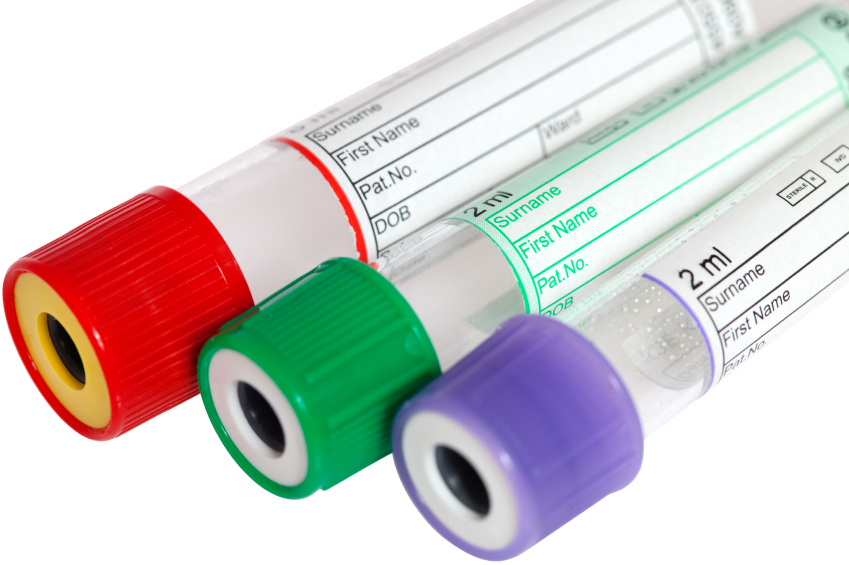Two weeks ago in New Orleans, the 19th Annual Executive War College on Laboratory and Pathology Management brought together 800 clinical laboratory professionals and pathologists. One of the major topics covered was the legislation passed by Congress and recently signed into law by President Obama called “Protecting Access to Medicare Act of 2014” (PAMA). In his keynote address, Robert L. Michel, founder of the Executive War College, said that PAMA is the single biggest change to the clinical laboratory industry in more than 25 years.
Reporting on the conference noted that no single development in the clinical laboratory industry grabbed more attention than news that this federal law gives Medicare officials the ability to reduce prices of individual medical laboratory tests by as much as 75% between 2017 and 2022.
As the federal government implements different sections of PAMA, clinical laboratories in every community could face a very real threat of reduced income from Medicare Part B lab testing. If CMS aggressively slashes the prices of the top 20 CLFS tests by volume from 2017 forward, the resulting financial carnage suffered by community laboratories and hospital laboratory outreach programs will be significant.
This newest legislation could impact laboratories in much the same way that the ACA has impacted health systems. The financial headwinds facing clinical laboratories are going to have to be countered with measures that can reduce costs and create greater efficiencies. In order to succeed, laboratories are going to have to find ways to squeeze more profits from their operations. Streamlined operations and new business processes will be key.
Michel noted “the significant thing about this legislation is its potential to trigger the most radical disruption to the clinical lab testing marketplace in four decades.” Radical disruption will require disruptive approaches in response.
